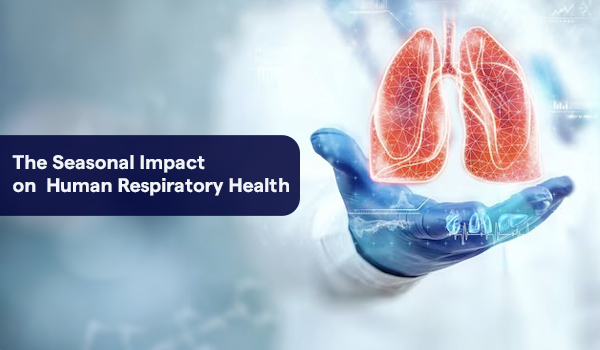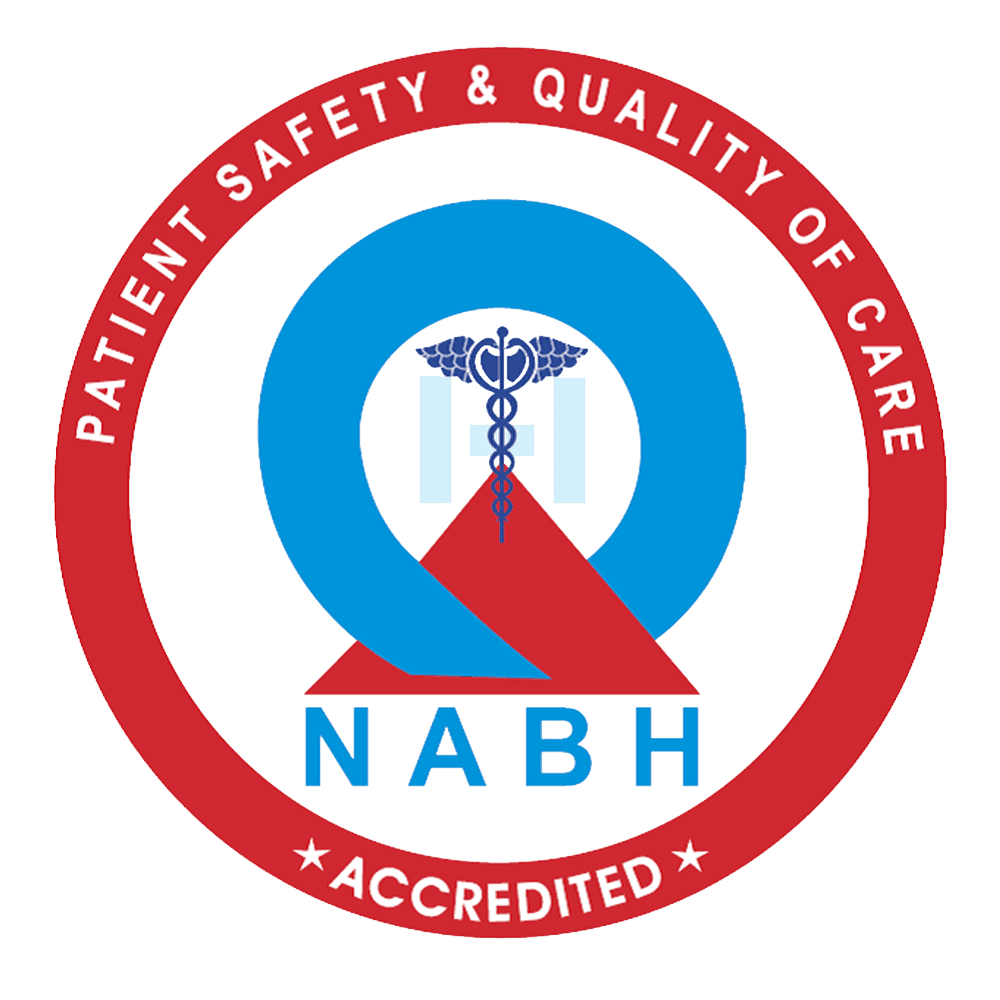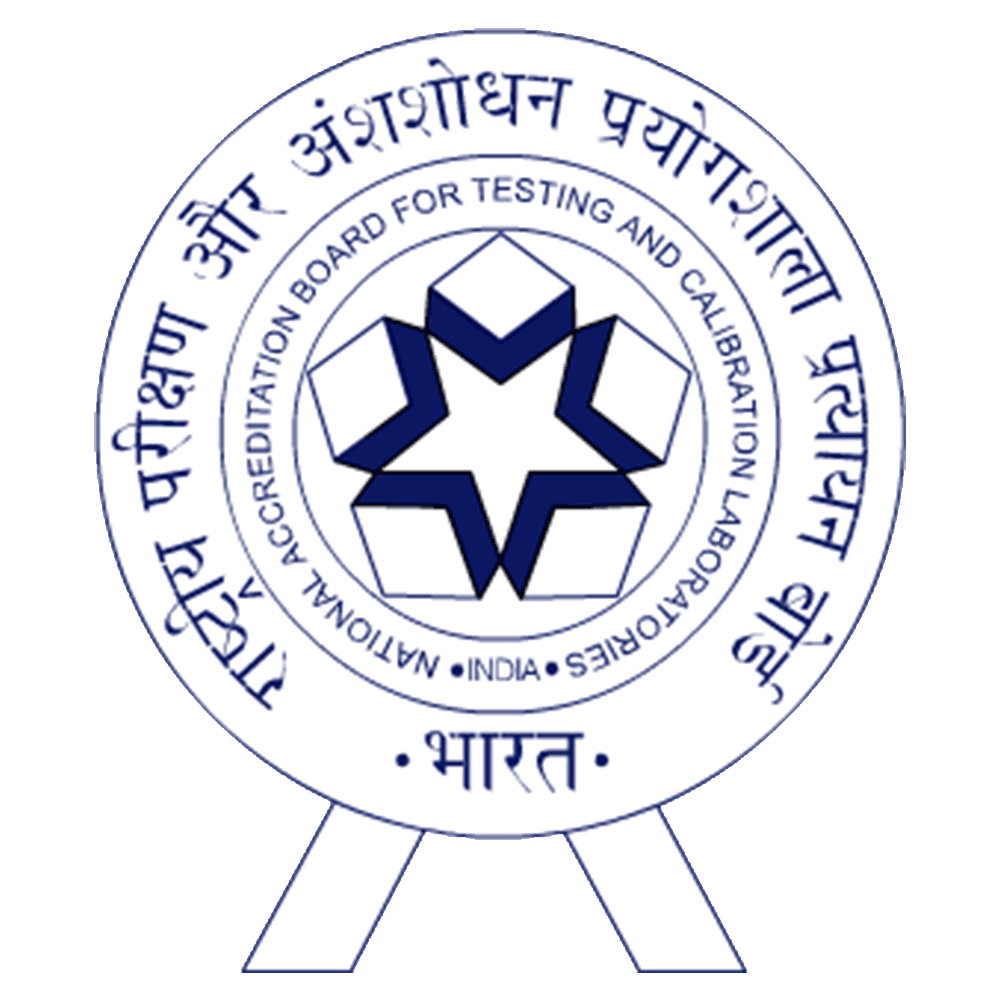During the winter season, several factors can even worsen. It is essential to understand these factors to manage and ease Respiratory discomfort effectively.
Dry Air: Winter cold and dry air can cause the airways' mucosal lining to lose moisture. This leads to irritation and constriction, making it difficult to breathe. The dry air can also stimulate increased mucus production, which can become thick and hard to expel. This thick mucus becomes a breeding ground for infections, weakening the Respiratory System.
Pollution: Winter often brings a surge in air pollution levels. This includes higher concentrations of harmful substances such as sulfur dioxide (SO2), nitrogen dioxide (NO2), carbon monoxide (CO), volatile organic compounds (VOCs), and particulate matter (PM2.5 and PM10). These pollutants can trigger respiratory distress, especially in individuals with pre-existing conditions like asthma, interstitial lung disease (ILD), and chronic obstructive pulmonary disease (COPD).
Smog: The combination of smoke and dust particles, prevalent during winter, can severely impact lung health. These pollutants can exacerbate existing Respiratory Conditions, making it even more challenging for individuals to breathe comfortably.
Seasonal Allergies: Winter is associated with cold weather and a rise in seasonal allergies. High pollen levels during this time can further contribute to respiratory discomfort and burden the respiratory system.
By being aware of these factors, individuals can take proactive measures to protect Respiratory Health during winter. This may include using Humidifiers to add moisture to the air, avoiding areas with high pollution levels, wearing masks when necessary, and seeking appropriate medical treatment for allergies and Respiratory Conditions.
Preventive Measures for Healthy Lungs:
Minimize Pollutant Exposure: Stay indoors during periods of high pollution and use air purifiers to improve Indoor Air Quality.
Limit Outdoor Activities: Reduce outdoor activities, especially during early mornings and late evenings when pollution levels are typically higher.
Cover Nose and Mouth: Wear a mask or scarf around the nose and mouth to trap heat and moisture from exhaled breath, preventing airway dryness.
Proper Breathing Technique: Breathe in through the nose and exhale through the mouth to ensure better humidification of the airways.
Yoga and Steam Inhalation: Practice yoga regularly and consider steam inhalation to promote respiratory health.
Nutrition and Hydration: Maintain a balanced diet of fruits, vegetables, and whole grains, and stay adequately hydrated.
Adhere to Medications: Strictly follow prescribed medication regimens for existing respiratory conditions.
Vaccinations: Get annual influenza and pneumococcal vaccinations as your healthcare provider recommends.
Common Winter Infections:
- Common Cold
- Influenza
- Streptococcus Throat Infections
- Bacterial Pneumonia
Seeking Medical Attention:
Symptoms of respiratory exacerbation include fever, increased cough, shortness of breath, and chest tightness. Prompt medical attention is crucial if you experience:
1. Persistent Fever
2. Increased Sputum Production, Change in Color, or Foul Smell
3. Shortness of Breath Not Relieved by Inhalers/Nebulizer
4. Difficulty Completing Sentences and Chest Pain
5. Changes in Vital Signs, Such as; Fluctuation in BP and Desaturation.
The department of respiratory and pulmonary medicine in Delhi at Sir Ganga Ram Hospital greatly emphasizes the significance of preventive measures and timely medical intervention in maintaining respiratory health during winter. By adhering to these guidelines and promptly seeking medical attention when required, individuals can effectively protect their respiratory well-being throughout the colder months.
Enhancing respiratory health during winter is a matter of utmost importance at Sir Ganga Ram Hospital. We firmly believe in the power of preventive measures and timely medical intervention. Individuals can effectively safeguard their respiratory well-being throughout the chilly months by diligently following these guidelines and promptly seeking medical attention when necessary. To know more, book an appointment today.



